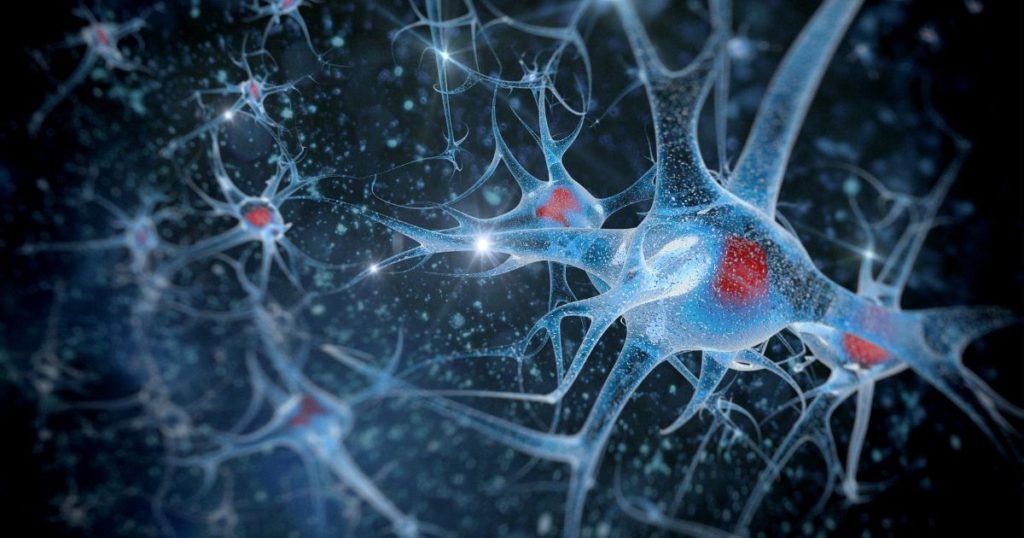This month in honor of Mothers’ Day, I am going to address women’s hormone balance.
The hormones of the endocrine system are an essential part of all our womanly functions. The major endocrine glands are the pituitary, pineal, thymus, thyroid, adrenal glands and pancreas. Also, men produce hormones in their testes and women produce them in their ovaries. In addition to the specialized endocrine organs mentioned above, many other organs such as the kidney, liver, and heart have secondary endocrine functions.
The endocrine system is one of the body’s main systems for communicating, controlling and coordinating the body’s work. It works with the nervous system, reproductive system, kidneys, gut, liver, pancreas and fat to help maintain and control the following:
- Growth and development such as preparation of the body for a new phase of life, such as puberty, parenting, and menopause
- Metabolism – digestion (including hunger cravings), elimination, breathing, blood circulation and maintaining body temperature (homeostasis)
- Sexual function and reproduction
- Mood swings and body energy levels
- Activation or inhibition of the immune system
Hormones need lots of nutrients. Some of the main ones are protein, B Complex, Vitamin E, GLA (gamma-linolenic acid), and zinc. These nutrients are all depleted by stress, sugar, alcohol, caffeine, junk foods, and medications (including birth control).
1) Protein
Protein means “of first importance”. All the cells in the body need amino acids from protein. Hormones included. Our bodies use amino acids (the building blocks) to form the proteins which build everything from muscles and bones, skin and hair, to internal organs and fluids.
2) B Complex
If you are deficient in Vitamin B, that affects the brain and nervous system (you can’t think, feel uptight, etc.) and the lack also affects the hormones thus creating PMS symptoms, menopausal and menstrual problems, and even birth defects. The lack of B can also affect the immune system, the health of your skin, and cause junk food cravings.
3) GLA
GLA (gamma-linolenic acid) is essential for hormones as that essential fat is a necessary raw ingredient for prostaglandins to be produced within the body. Prostaglandins are hormone-like substances that play a part in many of the biochemical and metabolic processes of the body. A good fatty acid metabolism benefits some very important aspects of our health such as maintaining a good blood pressure, low cholesterol levels, preventing inflammatory and immune system conditions such as arthritis, allergies and some skin diseases such as eczema and psoriasis, and also improving the strength of the keratin-dependent tissues such as our nails and hair.
A deficiency in essential fatty acids also seems to stimulate the overproduction of a hormone in women called prolactin that can lead to the severe mood changes commonly referred to as pre-menstrual syndrome, or PMS. GLA appears to have a beneficial effect in the treatment of PMS, and some other conditions such as breast discomfort and preventing osteoporosis.
4) Vitamin E
Vitamin E acts as an estrogen antagonist and has progesterone-like properties. Vitamin E regulates prostaglandin production and can alleviate menstrual cramps. Vitamin E is reported to alleviate many of the symptoms of menopause, from vaginal dryness and hot flashes, to breast tenderness and nervousness. Vitamin E is a hormone normalizer. It appears to have a stabilizing effect on estrogen levels, increasing the hormone output in women who are deficient and lowering it in those who are prone to excess. Vitamin E protects cells, including the cells of the immune system and boosts immune activity. Vitamin E lowers blood glucose, is an energy promoter and acts as an anti-inflammatory.
5) Zinc
Zinc, an essential trace mineral, is required for the metabolic activity of 300 of the body’s enzymes and is considered essential for cell division and the synthesis of DNA and protein. These enzymes are involved in the metabolism of protein, carbohydrate, fat and alcohol. Zinc is also critical to tissue growth, wound healing, taste acuity, connective tissue growth and maintenance, immune system function, prostaglandin production, bone mineralization, proper thyroid function, blood clotting, cognitive functions, fetal growth and sperm production. Adequate zinc can help pre-menstrual syndrome, pregnancy, and lactation and post-menopausal health.
Hope all you mothers have a wonderful, healthy Mother’s Day.
To your good health!
Charlene




Excellent info
So glad you are enjoying it.